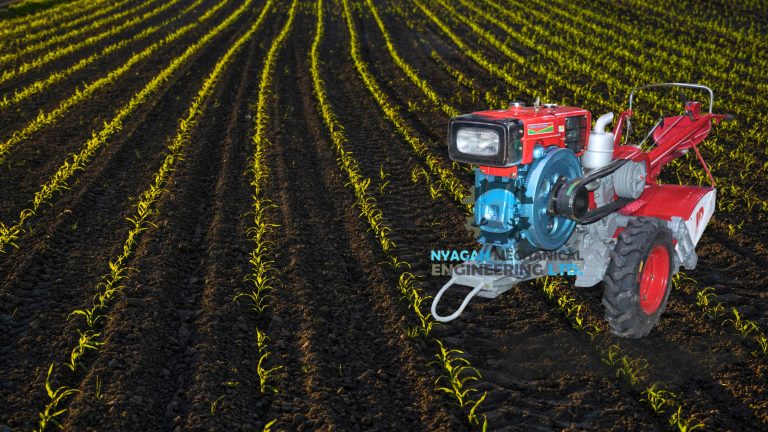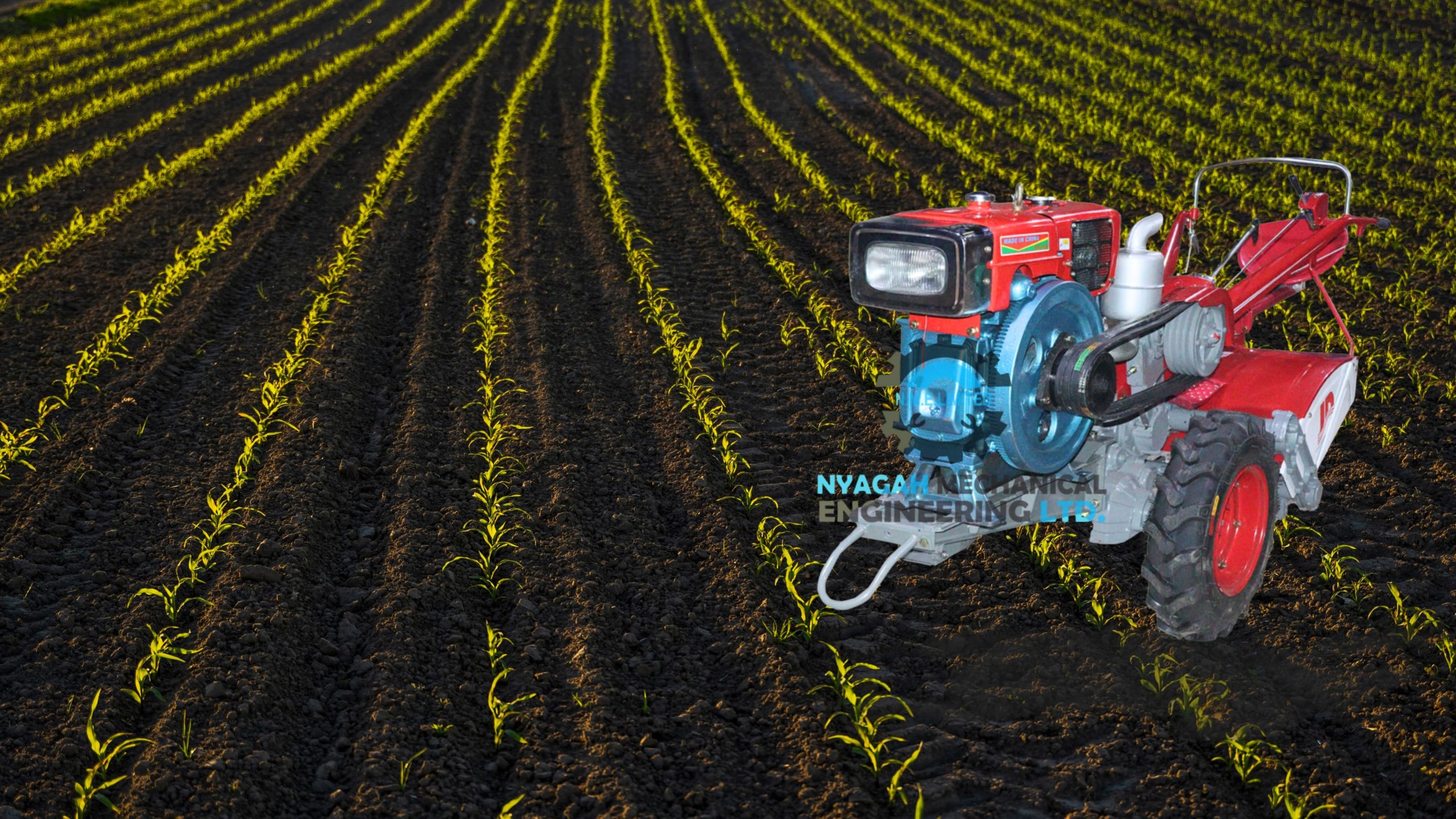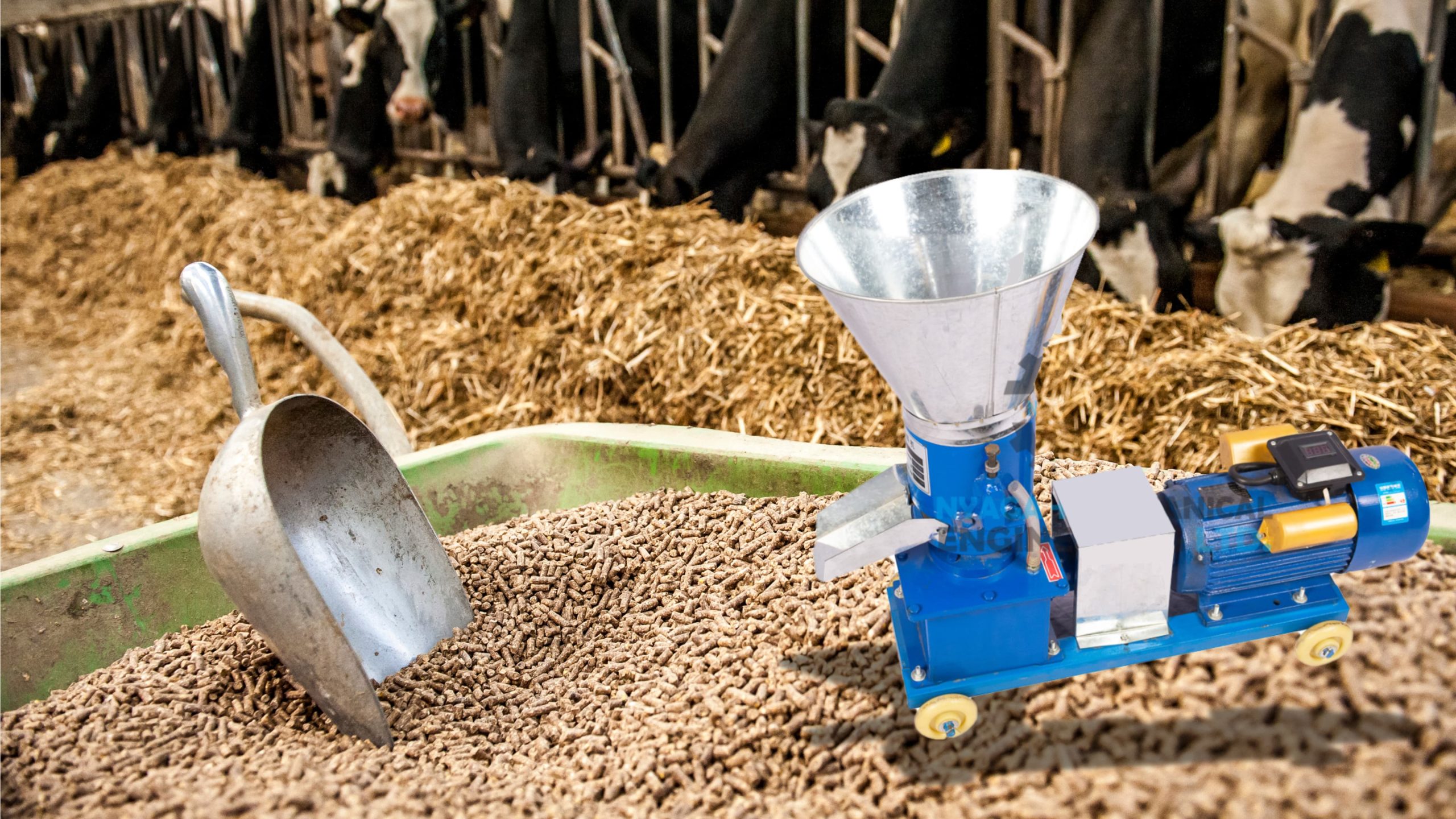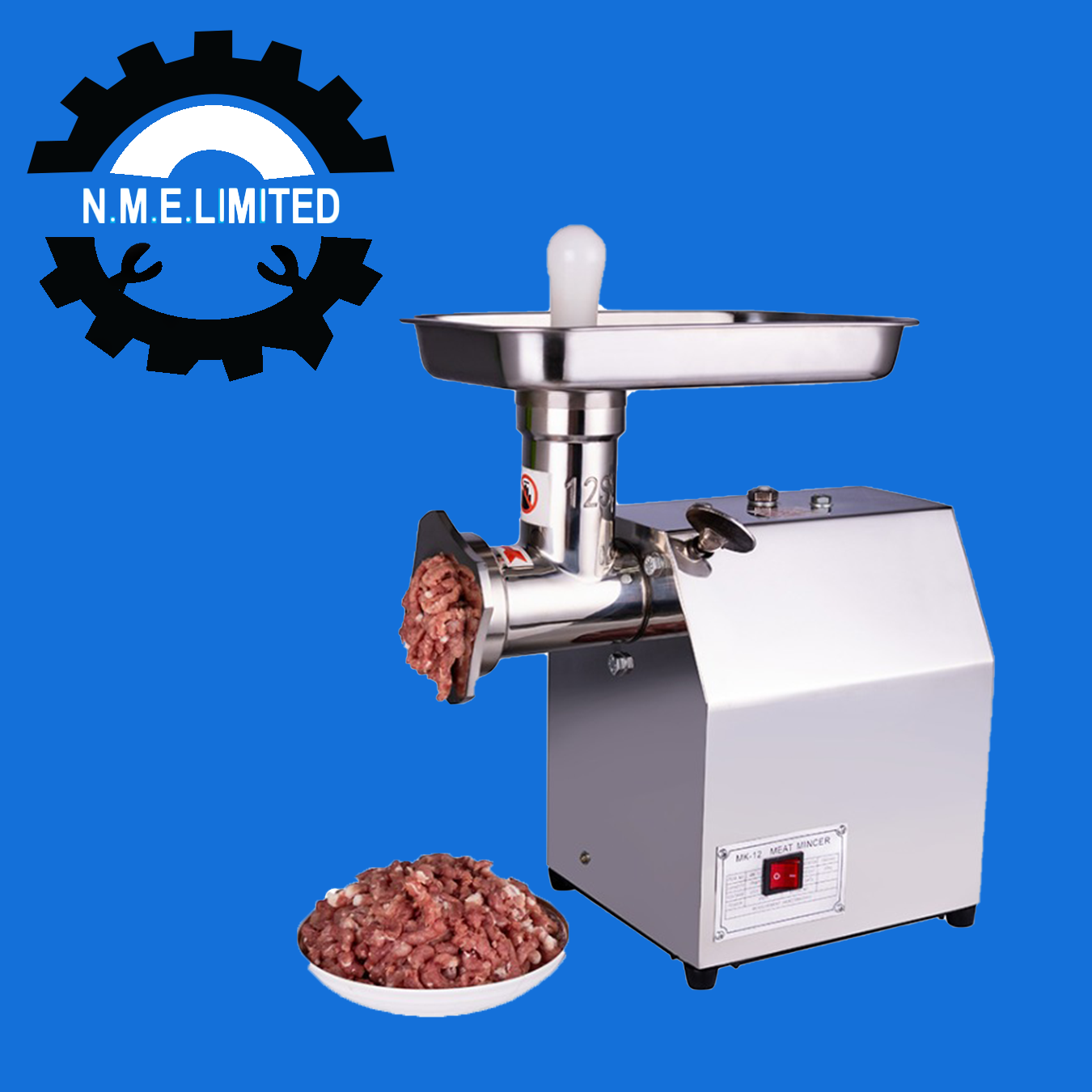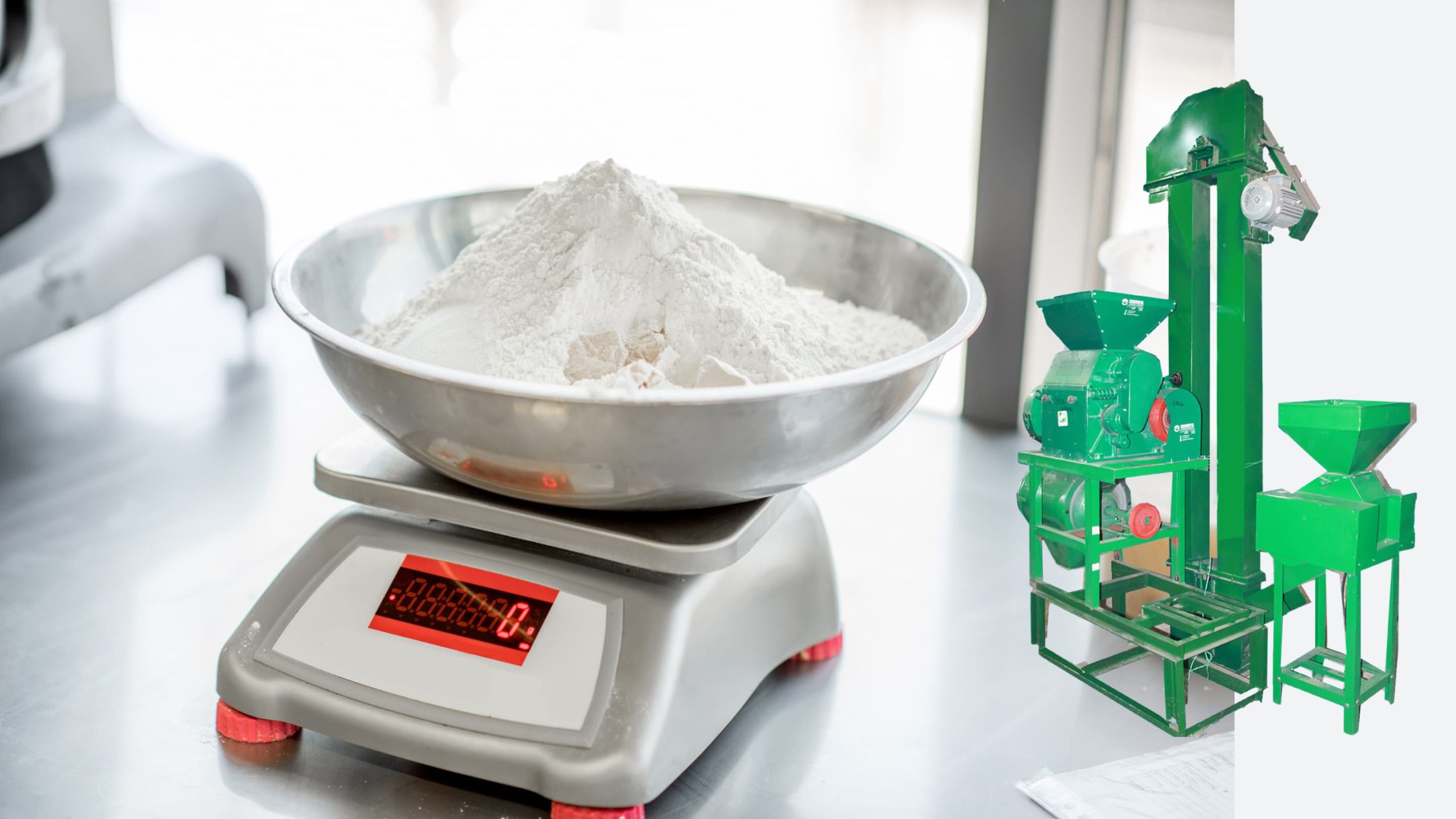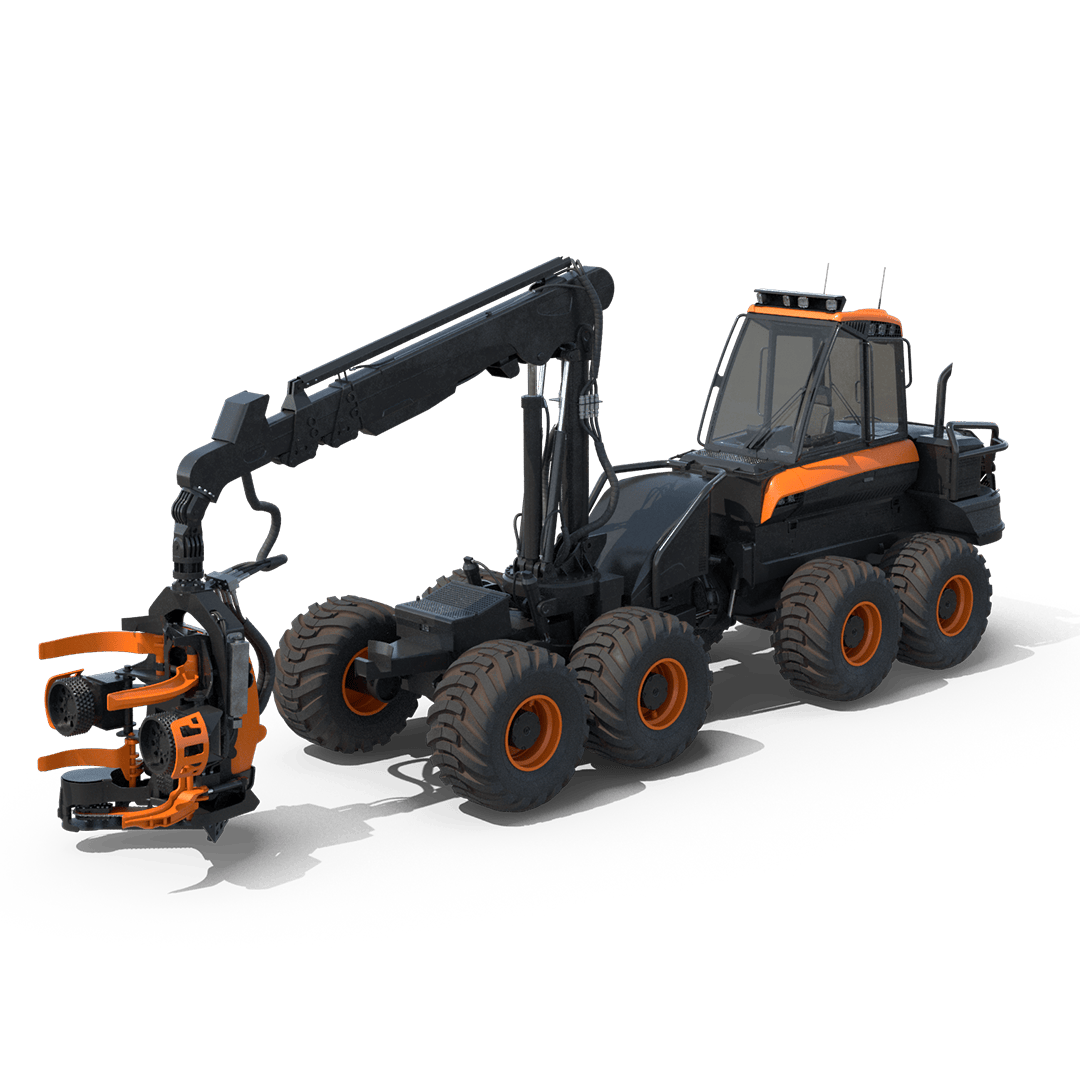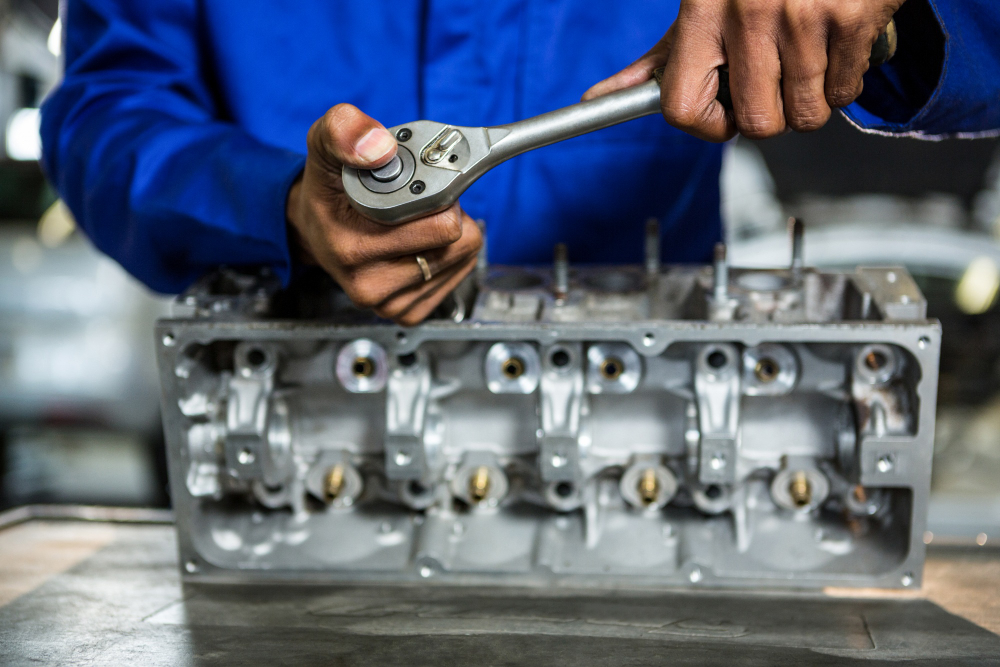Agriculture is the backbone of Kenya’s economy, supporting over 70% of rural livelihoods and contributing significantly to the nation’s GDP. However, climate change, soil degradation, and rising production costs pose serious threats to this vital sector. For Kenya to achieve food security and economic resilience, agricultural sustainability must take center stage — and technology plays a key role in driving this transformation.
Nyagah Mechanical Engineering Limited stands at the forefront of promoting sustainable agricultural practices by providing efficient, innovative, and durable farming equipment tailored to Kenyan farmers. Let’s explore how sustainability can be achieved and the crucial role mechanization plays.
What is Agricultural Sustainability?
Agricultural sustainability refers to farming methods that meet present food and fiber needs without compromising the ability of future generations to meet their own needs. This approach focuses on:
- Economic viability: Ensuring farming remains profitable.
- Environmental stewardship: Protecting and enhancing natural resources like soil, water, and biodiversity.
- Social responsibility: Supporting farmers’ livelihoods and rural communities.
The Challenges Facing Kenyan Farmers
Kenyan farmers face several hurdles in achieving sustainable agriculture, including:
- Climate change: Unpredictable weather patterns lead to droughts, floods, and poor yields.
- Soil degradation: Over-reliance on chemical fertilizers and continuous cropping depletes soil fertility.
- High labor costs: Traditional, manual farming methods are labor-intensive and slow.
- Post-harvest losses: Inefficient processing and storage lead to significant losses.
Nyagah Mechanical Engineering Limited is helping farmers overcome these challenges through modern, affordable, and reliable machinery designed to enhance productivity while safeguarding the environment.
How Nyagah Mechanical Engineering Supports Agricultural Sustainability
- Promoting Efficient Animal Nutrition:
- Chaff Cutters: These machines help farmers process crop residues into animal feed, reducing waste and improving livestock nutrition.
- Enhancing Food Security with Better Processing:
- Posho Mills: Support small-scale maize farmers in processing their harvest into flour locally, enhancing food accessibility and reducing reliance on commercial millers.
- Feed Mixers: Enable farmers to create their own livestock feed blends, cutting costs and ensuring animals get balanced, high-quality nutrition.
- Reducing Post-Harvest Losses:
- Maize Hullers: Help farmers process maize faster, preserving more of the harvest.
- Flour Mills: Ensure clean, efficient grain processing to minimize spoilage and improve profitability.
- Energy-Efficient Machinery: Nyagah Mechanical Engineering Limited prioritizes equipment with low power consumption, ensuring farmers reduce energy costs while minimizing carbon footprints.
- Durable, Locally Tailored Equipment: All machinery from Nyagah is built with the Kenyan farmer in mind — robust, easy to maintain, and suitable for local conditions. This longevity reduces the need for frequent replacements, contributing to long-term sustainability.
The Future of Sustainable Agriculture
As global pressure mounts for greener, more resilient food systems, Kenyan farmers must adapt to secure their future. Mechanization is no longer a luxury — it’s a necessity for improving yields, reducing costs, and ensuring environmental protection.
Nyagah Mechanical Engineering Limited remains committed to empowering farmers with innovative, reliable solutions that drive agricultural sustainability. By investing in the right machinery, farmers can boost productivity, minimize waste, and protect vital resources — ensuring their farms, and Kenya’s agricultural sector, thrive for generations to come.
Visit Nyagah Mechanical Engineering Limited today to explore sustainable farming equipment and join the movement towards a more resilient, productive, and eco-friendly agricultural future.

